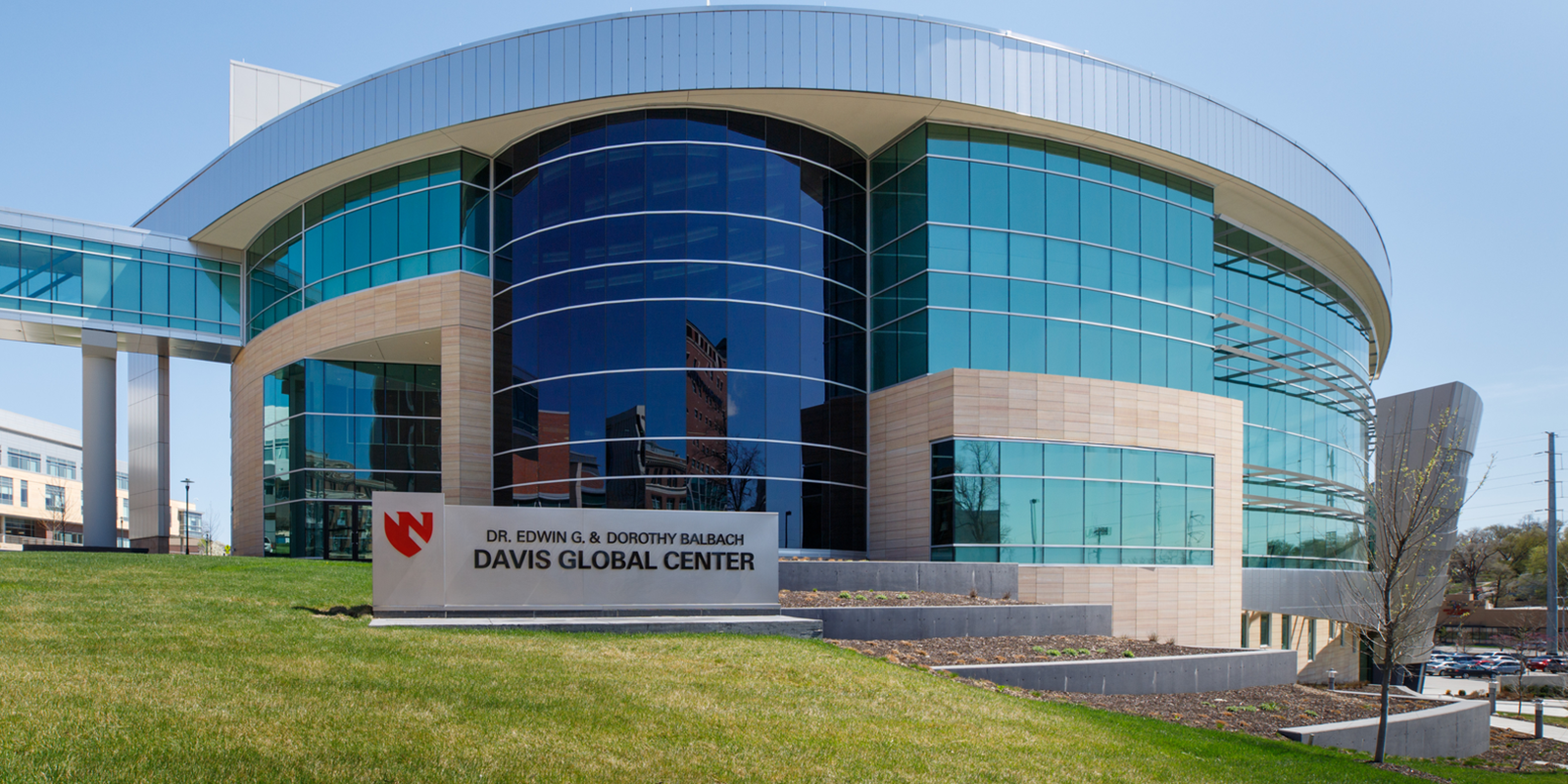
Our Expertise
The Global Center for Health Security is a culmination of 20 years of persistence, planning, and training at UNMC to build emergency preparedness capacity.
The Nebraska Public Health Laboratory was established at the University of Nebraska Medical Center in 1997 through a cooperative agreement between the Nebraska Department of Health and Human Services and Nebraska Medicine. The Centers for Disease Control and Prevention (CDC) provided grant funding for testing of bio-threat and chemical agents.
Two decades of emergency preparedness
In the aftermath of the Sept. 11 attacks, UNMC was among several entities nationwide to receive federal funding for bioterrorism preparedness. In 2004, UNMC, in conjunction with the Nebraska Department of Health and Human Services, and Nebraska Medicine, began planning the Nebraska Biocontainment Unit. It opened in 2005, as the largest such unit in the nation, set up to handle highly contagious and deadly infectious conditions, including: SARS, smallpox, plague, Ebola virus disease and other viral hemorrhagic fevers.
Headline-grabbing events such as the treatment of Ebola patients from Africa in 2014 and
the 2020 quarantine of travelers at risk of contracting COVID-19 positioned the University of
Nebraska Medical Center (UNMC) and Nebraska Medicine (NM) as leaders in handling major
healthcare emergencies. Yet, behind these moments of crisis lies the relentless dedication of
professionals and scholars who work year-round to advance preparedness.
In response to the growing need for expertise in health security, the Global Center for Health
Security (GCHS) was established at UNMC in 2017. Since its inception, GCHS has played a
pivotal role in tackling both local and global health crises. The center provides accurate, timely
information to the public and healthcare professionals, trains frontline workers, and innovates
in areas such as diagnostics, research infrastructure, and health care worker protection.